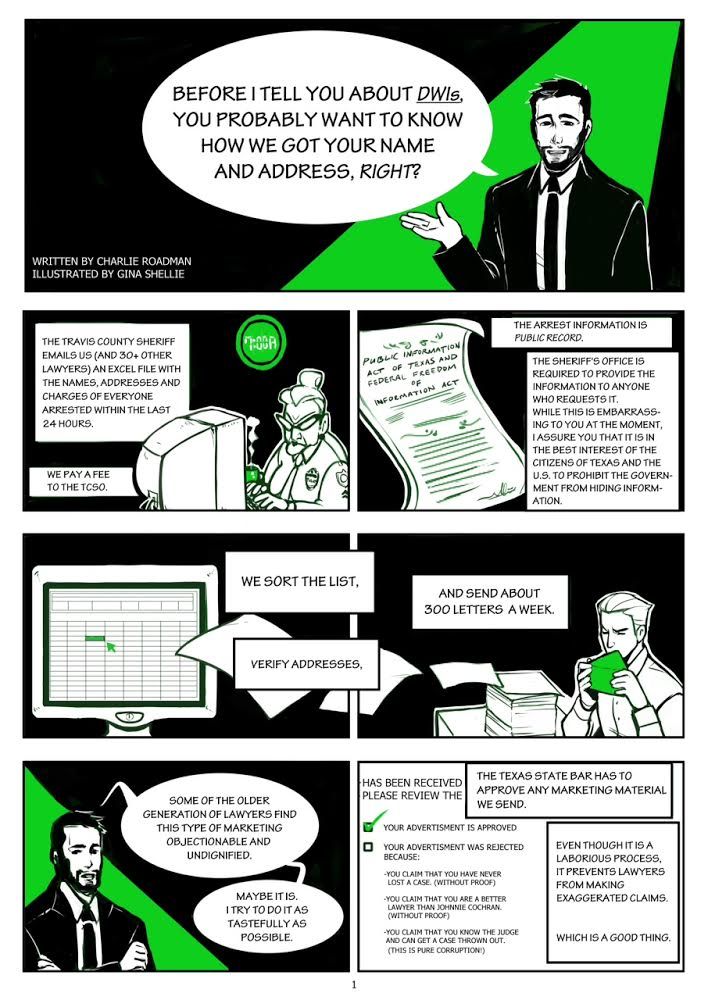Rejection of Charges
Rejection of Charges in a criminal case
Charlie explains charge rejection in criminal cases, where a prosecutor opts not to proceed with charges against an individual for a suspected offense.
FAQs
1. What does "rejection of charges" mean in a criminal case?
A: Rejection of charges occurs when a prosecutor decides not to pursue prosecution of a person for the alleged offense. This generally indicates that the case is closed, although technically, a prosecutor could change their mind until the statute of limitations expires.
2. Will the arrest information still appear in records after charges are rejected?
A: Yes, even if the charges are rejected, the arrest information will still be present in various governmental systems, such as the clerk's office. These records will indicate that the charge was rejected.
3. Why would prosecutors choose to reject charges?
A: There are several reasons for charge rejection. One common reason is insufficient evidence to establish probable cause. Alternatively, prosecutors may choose not to allocate resources to certain types of cases, such as low-level drug offenses or shoplifting.
4. What does a typical 'rejection of charges' document look like?
A: A standard rejection of charges document typically states that the prosecutor's office has reviewed the evidence and determined not to file misdemeanor charges at the time. It usually doesn't specify the reason for the rejection.
5. How does rejection of charges differ from dismissal?
A: Rejection of charges occurs before a case is officially filed, indicating the prosecutor's decision not to proceed with filing. Dismissal, on the other hand, happens after a case has been filed, and can be due to various reasons, including actions taken by the defendant.
6. Are rejections of charges common in certain jurisdictions?
A: In some jurisdictions, like Travis County, rejections of charges are becoming more frequent. This trend is often driven by the priorities of county and district attorneys, particularly in more progressive regions where there is a focus on not prosecuting certain low-level offenses, especially drug-related cases.
7. Can a rejected charge be prosecuted later?
A: While rare, a prosecutor can revisit a rejected charge if the statute of limitations has not yet expired. However, this is not a common occurrence once charges have been initially rejected.



